We recommend 1 box to no more than 3 hens, this is a minimum requirement. If you don’t have enough build onto your house you can put external nesting boxes in and around your run.
Most manufacturers will offer a guide for he capacity, but rule of thumb is a house that is a mtr sq can hold up to 4-5 large and 6-8 small hens, they don’t need a lot of room in the house, the outside space is more important. If you do have a smaller house with only 1 nesting box, always offer more external nesting boxes as chickens, we recommend 1 box to 3 hens as a minimum.
Yes, we vaccinate for Salmonella, Marek’s, Newcastle’s, and Infectious Bronchitis. We do not believe in over vaccinating as this creates weaker birds, farms that over vaccinate tend to do so after having had many issues and problems.
Absolutely! Not having vaccinated chickens will mean your flock is at a risk of contracting fatal diseases and viral infections such as Marek’s.
We always advise buying sexed birds that are vaccinated, sadly when buying chicks you are not always going to be able to get sexed chicks, so unless you are prepared for cockerels buying older sexed hens is best. Cockerel to hen ratio can be anything as high as 60-40%.
Chicks will need vaccinated at certain times for different diseases and viruses and if you are not able to do this yourself your chicks will be at risk.
No, we don’t recommend this, all breeds are different but for breeds like Silkies, Polish etc… you want them to be acclimated as quickly as possible and we find shutting them in a coop then opening up yet more areas to them really causes stress. We recommend with al birds popping them in the coop when they arrive with the door open to allow them to see outside and to see their feed and water. We do advise keeping them in a run for at least the first 2 weeks to ensure they don’t wonder off if you give them too much freedom too quickly.
Chickens need to free feed like a cow grazing through the day. You should have feed always available in a feeder, to deter rats hang your feeder off the ground, use a treadle feeder or take your feeder in at night once the chickens are asleep.
Yes, you can mix ducks and chickens, however, ducks can be quite messy and would need access to water, chickens prefer to be dry, you may decide to house them separately, but they can live harmoniously.
Depending on the size of your hen, you can usually manage to wash them in your kitchen sink or in a shallow tub. Put enough warm water in the tub or sink so that when you pop your hen in the water level is just above the wing tips. Then using a jug, pour water over the chicken until she is properly soaked, you can then lift the hen and dunk her pom-pom into the water making sure to keep her beak out of the water, if you are not confident doing this, then you can run the pomp om under a warm tap again, ensuring the water does not go over the beak. Then thoroughly shampoo and rinse in the same way, make sure all soap suds are out of the feathers. Once the hen has been rinsed you can then towel dry her and finish drying with a hair blow dryer, make sure the hen is fully dry before putting her outside again.
Yes, we actually find some breeds really enjoy a nice bath and blow dry, in particular Silkies, we advise giving your hens a wash if they have become quite dirty. You can use an herbal shampoo or a pet friendly shampoo, make sure you rinse the soap out fully and then towel and blow dry your hens so they are completely dry before putting them back outside.

